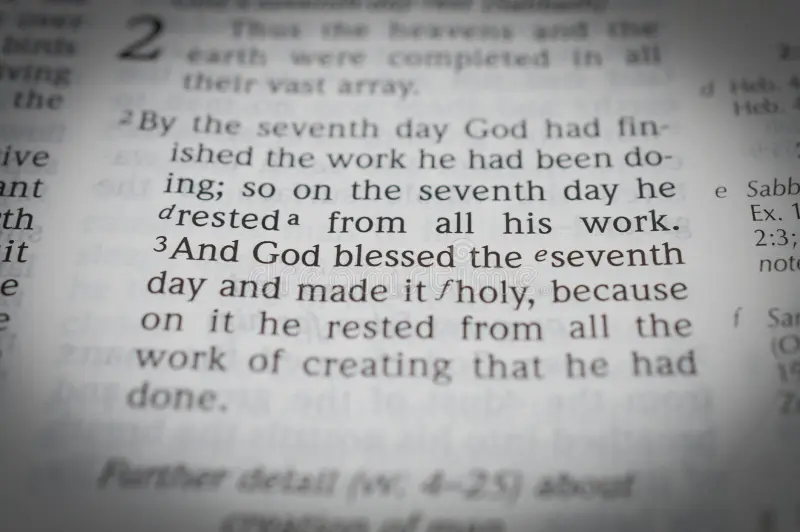Southwest Missouri is home. My roots run deep in this soil, and I love the rolling hills, quiet creeks, and the people that make this region what it is. It’s a land steeped in tradition, family values, and a deeply held religious identity. But it is also a land where those who hold to historic Reformed theology often find themselves isolated, misunderstood, or even outright opposed.
In Barry County and the wider Ozarks, as in much of the Bible Belt, the dominant religious expression is Baptist—specifically, a fiercely independent, decisively anti-Reformed strain of it. In many conversations, pulpits, and small groups, the term “Calvinist” is uttered more like a slur than a theological label. I’ve seen heads shake, friendships grow cold, and dialogue shut down the moment doctrines like election, covenant theology, or infant baptism are brought into the light.
I know this not because I read about it—I’ve lived it.
When I first embraced Reformed theology, it wasn’t because I was trying to be different or controversial. It came from a desire to take Scripture seriously, to wrestle with hard truths rather than smooth them over, and to anchor my faith in something older and sturdier than modern evangelical trends. I didn’t arrive at these convictions overnight. It was a long journey—one marked by study, prayer, and a growing love for the richness of God’s sovereign grace and the historic confessions of the Church.
But when I began speaking about these things—graciously, I hope—I was met with suspicion. Church elders warned me about “going too far.” Friends distanced themselves. I was told Reformed theology was a “man-made system,” “too intellectual,” or “a false God.” I was accused of denying missions, of turning God into a tyrant, of making faith cold and lifeless. None of these charges stuck to reality, but they stuck in the minds of those determined not to hear.
And so Ozark Doctrine was born.
This blog exists as a quiet outpost of biblical theology for those who find themselves disoriented or discouraged in a sea of anti-Reformed rhetoric. It is not here to pick fights or to belittle our Baptist neighbors—we have much in common, and there are many faithful brothers and sisters in those pews. But it is here to contend for what is good, true, and beautiful in the Reformed tradition.
Our goal is simple: to proclaim Christ and Him crucified, through the lens of Scripture rightly divided and historically confessed. To teach the sovereignty of God not as a philosophical idea, but as the bedrock of comfort for weary saints. To explain the covenants, the doctrines of grace, the marks of the true church, and the ordinary means by which God builds His Kingdom. And to do so with a tone of humble firmness, not pride or bitterness.
You won’t find marketing gimmicks here. No fog machines, no TED Talk theology, no altar calls based on emotional manipulation. What you will find is the slow, deliberate work of laying doctrinal bricks in the Ozark wilderness, trusting that God will bring the growth.
If you are Reformed and feel alone—you are not. If you’re curious about these doctrines but afraid to ask—this is a safe place. If you are hostile to these ideas—I hope you’ll read anyway. The Lord has a way of softening hard ground.
May this small digital outpost be used for His glory, in this quiet corner of His world.
Soli Deo Gloria,
– A Sojourner in the Ozarks


Leave a Reply